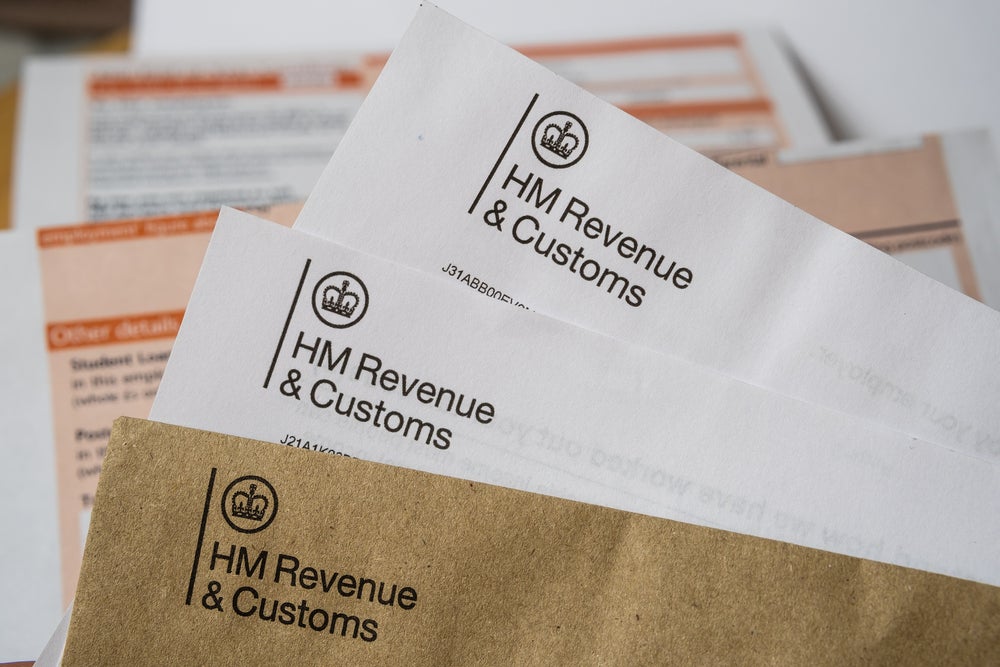
HMRC is now tracking 512 UK businesses it suspects of using ‘tax havens’ – up 84% from the 277 UK businesses HMRC was tracking at the same time last year, says multinational law firm Pinsent Masons.
Pinsent Masons partner, Jake Landman, said the tax authority is strongly focused on cracking down on British businesses based in 12 major tax havens, including the Cayman Islands, Bahamas and British Virgin Islands.
As part of the OECD’s ‘No or Only Nominal Tax Jurisdiction’ project (NTJ), HMRC is now tracking hundreds of British businesses that are suspected of failing to do enough ‘substantial activity’ in those tax havens to legitimately claim to operate there.
To meet the OECD’s ‘substantial activity’ requirements, businesses need to have core income-generating activities, senior employees and genuine operating expenditure within those tax havens. The ‘substantial activity’ requirements mean these 12 ‘tax havens’ must now report the identities, activities and ownership of multinational businesses reporting revenue in their countries.
HMRC now receives large amounts of data on UK businesses from the governments of the 12 major tax havens, making it more difficult than ever for UK businesses to obscure their activities from the UK tax authority.
HMRC will receive information when a person connected to UK taxpayer is operating within the tax haven. When it believes UK tax has been unlawfully avoided or evaded, it can use this information to open investigations.
Reports to HMRC also include businesses that are using tax havens primarily to hold and exploit their intellectual property, which puts them at a high risk of not meeting the substantial activities requirements. Holding IP in tax havens has long been a way that some businesses seek to sharply reduce their UK tax bills. HMRC has made clear that when abusive practices are used, it will enforce the correct allocation of UK tax.
At the end of 2021, 8 of the 12 ‘tax havens’ were found by the OECD to need improvement in their internal monitoring of compliance with substantial activities requirements.
Commenting on this, Landman said: “HMRC’s clampdown on UK businesses using tax havens has stepped up a gear. Tax authorities worldwide are working hard to stop tax haven use. Using tax havens to artificially reduce tax bills is increasingly difficult to do.
“HMRC now shares and receives more information with its equivalents worldwide than ever before. For UK companies using tax havens illegitimately, it’s now a matter of when, not if HMRC comes calling.”






